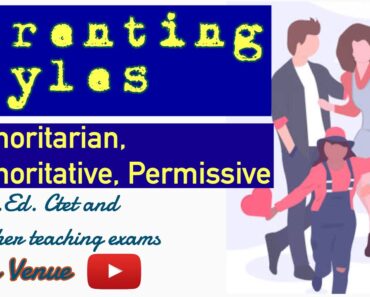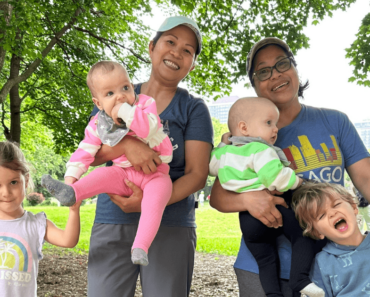In a landmark vote, the ineffective practice, which is abusive to 2SLGBTQ+ kids, has been made illegal across the country.
The end of Pride Month has brought some great news for Canadian children: On June 22, Canada’s House of Commons passed a bill that criminalizes the use of conversion therapy for minors.
Put simply, conversion therapy is a practice that seeks to change a person’s sexual orientation or gender identity and stems from an anti-2SLGBTQ+ premise. This practice not only implies that being 2SLGBTQ+ is something that can be changed, but that these lives are less valuable than those of heterosexual or cisgender people.
Kristopher Wells, Canada Research Chair for the Public Understanding of Sexual & Gender Minority Youth and a professor at MacEwen University in Edmonton, says that conversion therapy is not just one practice, but several different practices. In the past, this included electric shock therapy, chemical castration and lobodomies. Today, practices include aversion therapy, gender coaching, regressive gender roleplay, talk therapy, isolation and even exorcisms. “It’s a whole range of different practices that vary in duration and intensity, but they’re all equally traumatic and devastating,” says Wells, who is also the co-editor of the Journal of LGBT Youth.
The case against conversion therapy
These therapies are archaic and dehumanizing, and have been proven to be ineffective. “There’s no legitimate scientific or medical evidence anywhere in the world that supports conversion therapy,” says Wells. Being subjected to conversion therapy also increases your likelihood of experiencing long-term mental-health related issues including anxiety, depression, suicidal ideation, substance abuse and suicide attempts. “That’s all completely preventable,” says Wells. “We need to stop trying to tell young people that there’s something wrong with them. They don’t need to change—it’s the society around them that needs to change to become much more accepting and supportive of who they are, not who others tell them they should be.”
Bill C-6 is designed to protect children as it makes it illegal to force a minor to undergo conversion therapy in Canada or to be sent abroad to receive treatment. “Quite frankly,” Wells says, “conversion therapy is a form of child abuse and should be recognized as family violence.”
Is conversion therapy really still happening to kids in Canada?
It’s hard to believe kids are still being subjected to an abusive, ineffective and outdated practice like conversion therapy in a country as ostensibly progressive as Canada, but they are. According to a recent study, approximately ten percent of gay, bi, trans and queer men and Two-spirit and non-binary people report that they’ve experienced the practice—and 72 percent of that group say the therapy started before the age of 20. “CTP [conversion therapy practices] remains prevalent in Canada and is most prevalent among younger cohorts,” say the study authors.
Next steps around conversion therapy in Canada
While the passing of Bill C-6 is an important step forward, there is more work to be done. “The bill does a good job of protecting minors and is very comprehensive,” says Wells, “but when it comes to young adults, we still have some concerns about the scope of the federal legislation and how it could be stronger.”
Wells adds that Canada also has yet to make trauma resources available for survivors of conversion therapy, and that educational programs still need to be put into place for families and parents to unlearn their homophobia and instead move towards behaviours of love and acceptance for their children. The last piece of the puzzle, says Wells, is that Canadians must “thank and acknowledge the voices of the brave survivors that have come forward and really helped us to understand this issue and how it’s still occurring in Canada.”
The ban on conversion therapy was promised by the Liberal party during their election campaign in 2019, but it was only just brought to vote. Bill C-6 finally passed the house this week in a 263 to 63 split, with only conservative MPs voting against it. It will now need to pass the Senate before it receives royal assent and becomes law.

































